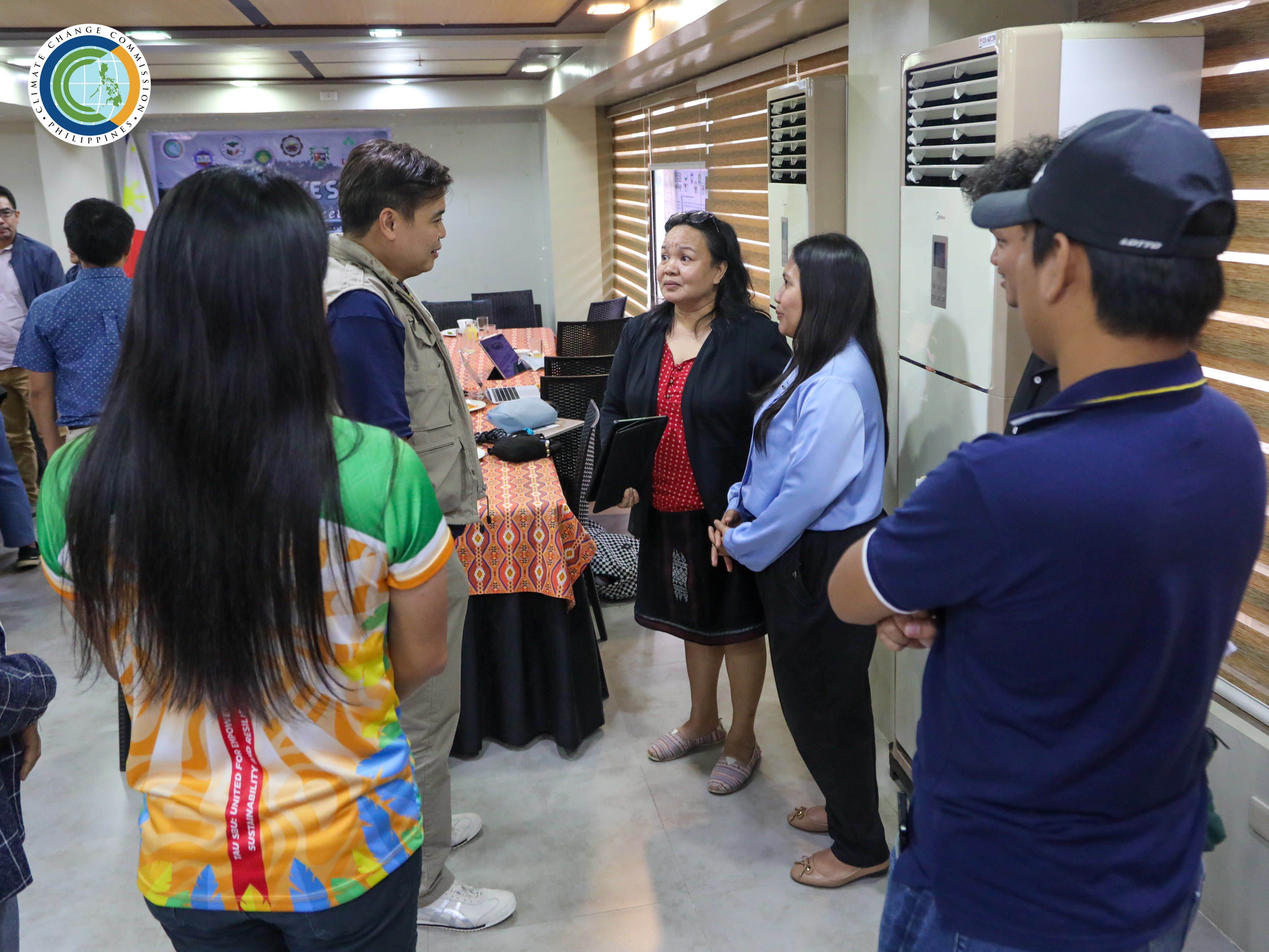
March 13, 2025 Thursday

The Climate Change Commission joins the stakeholders meeting organized by the Municipality of Lake Sebu, South Cotabato, looking at opportunities to support climate efforts of the local government unit.
LAKE SEBU, SOUTH COTABATO - The Climate Change Commission (CCC) has emphasized the importance of science-based, data-driven preservation and conservation efforts in Lake Sebu, South Cotabato, as part of a key integrated, long-term strategy to build climate resilience in the community.
Lake Sebu, a designated protected area covering 102,350 hectares, is home to three major lakes: Lake Sebu, Lake Seloton, and Lake Lahit. These bodies of water are vital for the local economy, tourism industry and ecological stability of the region.
During a recent stakeholder meeting organized by the Local Government of Lake Sebu under Mayor Remie Mann Unggol, the municipality’s potential for growth and development, natural beauty and cultural richness were discussed while the urgent ecological concerns and impacts of climate change were highlighted.
Despite its economic potential, Vice Mayor Liezel Tupas-Isuga said Lake Sebu faces critical ecological threats such as fish kills, deforestation, siltation, overcrowded fish cages, poor waste management, and climate-related vulnerabilities. These challenges underscore the need for immediate and long-term efforts to significantly lower climate risks.
The event gathered key partners, including representatives from the academe, the local government unit (LGUs), and ecologists to develop a comprehensive conservation and protection plan with a climate change lens.
While discussions focused on ecotourism and the carrying capacity of tourism destinations, climate-proofing Lake Sebu against ecological threats, and resilience-based rehabilitation of its coastal and riparian habitats became an area of overarching focus.
Secretary Robert E.A. Borje, CCC Vice Chairperson and Executive Director, acknowledged the concerns of Lake Sebu officials and reiterated the importance of data-based, science-driven approach as part of a key integrated, long-term strategy to build climate resilience.
“Climate resilience can be seen as both an object and instrument of policy, and this approach can help further bolster community efforts to preserve and conserve Lake Sebu,” Borje stated.
In this regard, he also assured that the CCC would provide technical assistance and capacity-building support to help LGUs enhance their local climate change adaptation plans, as well as improving capabilities to access climate funding.
Meanwhile, Ms. Lenly Gula, a writer and advocate for cultural work, stressed the need to integrate climate action into social media platforms.
“We need to mobilize and maximize social media for call-to-action campaigns, particularly in promoting care for our ecosystems. Creating one- to two-minute reel content backed by scientific knowledge and clear calls to action can help raise awareness and inspire action for Lake Sebu,” she stated.
The CCC remains committed to collaborate with various stakeholders to further mainstream climate resilience and conservation efforts in Lake Sebu and beyond.
For more information on the CCC’s climate mainstreaming activities, visit www.climate.gov.ph and www.facebook.com/CCCPhl.